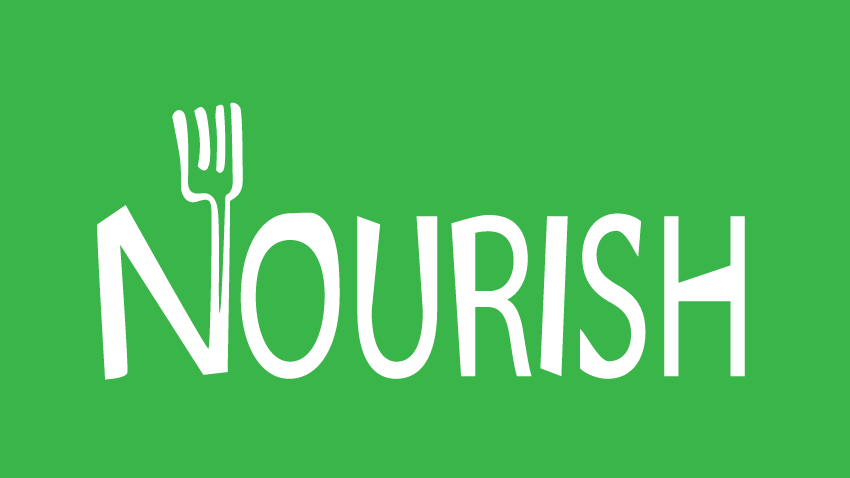
I often wonder how we can create a healthy and equitable food system that feeds not only our body but our health, our relationships with one another and our environment. What will spur this food revolution? Some say it can't be done, we are too far gone. I disagree. In fact, this moving quote from novelist Arundhati Roy resonates with me:
Another world is not only possible, she is on her way. On a quiet day, I can hear her breathing.
What do we need, however, to grow this revolution? Among the many ingredients that are essential to transform our food system and our food relationships, we need to know how we have arrived at where we are at.
In 2007, environmental historian Ann Vileisis published Kitchen Literacy: How We Lost Knowledge of Where Food Comes From and Why We Need to Get It Back. Vileisis is American and her work focuses on the United States. While Canada may offer a slightly different take on the food history Vileisis documents, I think that the main themes and patterns that Kitchen Literacy features echo here as well.
The next few posts will showcase components of a video interview Vileisis gave in 2010. They illustrate how her incisive exploration helps us, not only to better understand what has happened to our food in the past 150 years, but also to gain the knowledge we need to find our way back to food.








